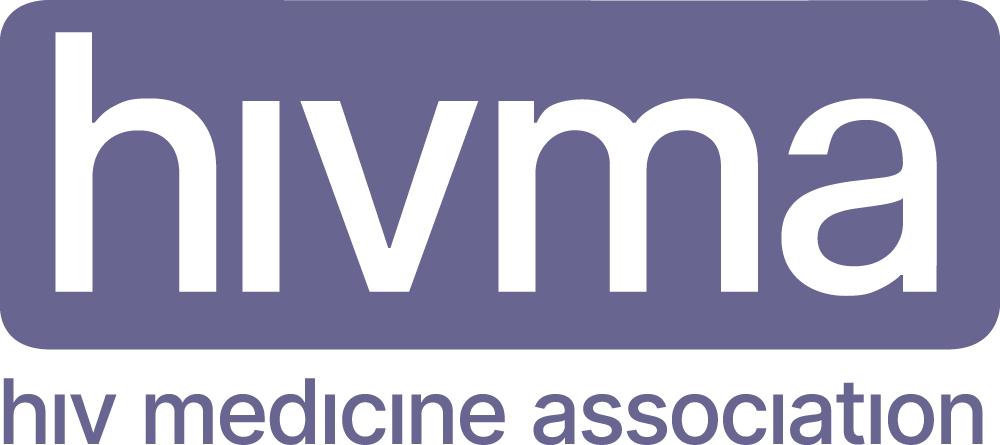Congress Approves Critical Resources for Public Health,
Ending the HIV Epidemic
The FY2020 funding package passed by Congress today makes an essential investment in the administration’s Ending the HIV Epidemic initiative and other high priority HIV responses with $241 million in new resources. [1] This investment will be fundamental to reaching the important goal of reducing HIV transmissions by 90% in the next decade, but remains incomplete with no new funding allocation to Indian Health Services’ role in the initiative, and with flat-funding for other programs that will be integral to the comprehensive efforts needed.
The following allocations in the bill will be critical to the success of the initiative:
- $140 million in new funding for targeted HIV prevention at the U.S. Centers for Disease Control and Prevention – which provides for investment in core HIV prevention programs at State and local health departments to offer foundational infrastructure;
- $70 million in new funding to bolster the Health Resources and Services Administration's Ryan White HIV/AIDS Program to increase treatment for individuals living with HIV and the use of antiretroviral therapy;
- $50 million in continued funding for HRSA's Bureau of Primary Health Care to support outreach, testing, care coordination, and HIV prevention services, including the use of PrEP through community health centers;
- A $25 million increase in funding for the National Institutes of Health's Centers for AIDS Research to disseminate best practices based on state-of-the-art biomedical research;
- A $5 million increase in funding for CDC's opioid-related infectious diseases programming, supported by $58 million in the President's Budget;
- A $17 million increase in funding for the Housing Opportunities for Persons With AIDS program;
- A $3.5 million increase in funding for CDC's Division of STD Prevention.
At the same time, the goals of the Ending the HIV Epidemic initiative will not be met without a meaningfully funded and concerted effort to confront increasing rates of hepatitis C, sexually transmitted diseases and infectious diseases linked to the opioid epidemic. Missing in the package is a provision that would fully lift the ban prohibiting local health authorities from using federal funds to purchase syringes and other equipment for syringe services programs. Because transmission occurs through the sharing or re‐use of shared injecting equipment, sterile syringes and programs to make them available play a crucial part of infection prevention programs. In addition, continued funding that addresses the drivers of the American HIV epidemic will be necessary.
The FY 2020 bill falls short, however, by flat-funding:
- The CDC's Division of Viral Hepatitis;
- The Substance Abuse and Mental Health Services Administration's Minority AIDS Initiative; and
- The Minority HIV/AIDS Fund.
The budget agreement passed by Congress represents a crucial first step, allowing adequate funding for HIV research, prevention, care and treatment and the opportunity to scale-up evidence-based practices, including expanded access to preventive measures that are pillars of the Ending the HIV Epidemic initiative. As implementation of the initiative moves forward, HIVMA will continue to urge resources and measures that will accelerate its success.
[1] https://www.appropriations.senate.gov/imo/media/doc/121619%20--%20HR1865%20Domestic%20Intl%20Asst%20Package%20Summary.pdf
